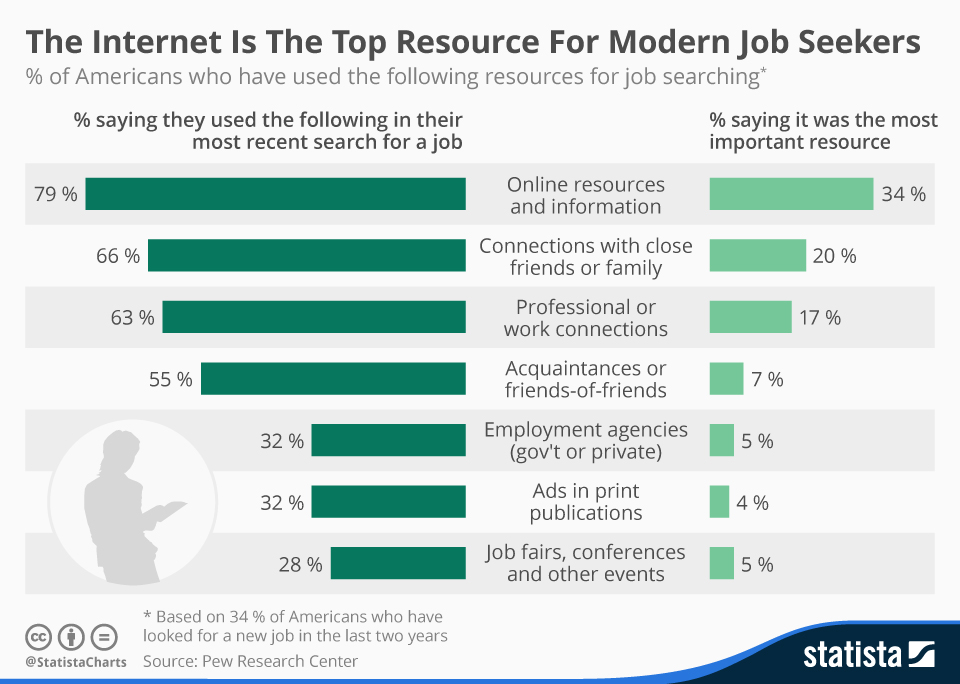Struggling to Find a Job? You’re Not Alone
Finding a job can be a tough and frustrating experience. If you are feeling down because you can’t find a job, know that you are not alone. Many people are in the same boat, facing similar challenges. Here are some tips to help you handle this difficult time and improve chances of getting hired.
The Current Job Market
The job market is often tough. Many people look for jobs, but there aren’t always enough positions. Some fields feel this more than others, and even experienced workers can have a hard time. The rivalry is fierce, and it can feel like you’re sending out applications into a void.
Common Challenges
- Overqualification: Sometimes, having extensive experience can work against you. Employers might think you won’t stay long in a lower-level position.
- Ghosting: Many job seekers report being ghosted by employers. They go through interviews and then never hear back.
- High Competition: There are more job seekers than jobs available. This means that even for entry-level positions, you might be competing with hundreds of other applicants.
- Automation and Dehumanization: The hiring process has become increasingly automated, making it harder to get noticed. This can make the process feel less personal and more disheartening.
- Resume Signals Lack of Dedication: Employers might worry that you won’t stick around if your resume shows frequent job changes or short employment periods.
- Your Qualifications Are Not a Match: Sometimes, your skills and experience might not align perfectly with the job needs.
- Resume is Too Generic: A one-size-fits-all resume can be a turn-off for employers.
- Job Search is Too Narrow: Limiting your search to specific roles or fields can reduce your chances of finding a job.
Top Resources for Job Seekers
Understanding where to focus your job search efforts can make a difference. The chart below shows the top resources used by job seekers, highlighting the importance of online resources, personal contacts, and work-related networks. Take a look to see where you might be able to improve your job search plan.
 You will find more infographics at Statista
You will find more infographics at Statista
Tips to Improve Your Job Search
- Tailor Your Resume: Customize your resume for each job application. Show the skills and experience that are most relevant to the job you’re applying for.
- Network: Use your network. Sometimes, knowing someone in the industry can make a difference. Attend industry events, join professional groups, and reach out to former colleagues.
- Consider Different Fields: If you’re not having luck in your current field, think about applying to jobs in other fields. You might find opportunities in unexpected places.
- Improve Your Skills: Take courses to improve your skills. This can make you more appealing to employers and help you stand out from other applicants.
- Stay Positive: It’s easy to get discouraged, but try to stay positive. Keep applying, keep learning, and keep networking. Your effort will pay off eventually.
- Go Where the Jobs Are: Attend job fairs, visit job agencies, and look for local hiring events. These can provide direct access to employers who are actively hiring.
- Improve Your Social Media Presence: Make sure your LinkedIn page is up-to-date and shows your skills and experience. Interact with industry-related content to increase your visibility.
- Apply for a Company You Truly Like: Even if the role isn’t your dream job, working for a company you admire can open doors to better opportunities within the organization.
- Volunteer to Get New Experience and Skills: Volunteering can help you gain new skills, expand your network, and fill gaps in your resume.
Temporary Solutions
While you’re looking for a permanent job, consider temporary solutions to help you get by:
- Freelancing: Platforms like Fiverr and Upwork can help you find freelance work.
- Gig Economy Jobs: Consider gig economy jobs like driving for Uber or delivering for DoorDash.
- Part-Time Work: Look for part-time jobs to help cover your expenses while you continue your job search.
- Take on Temporary Jobs: Temporary positions, such as maternity cover, can provide income and keep your resume active.
Mental Health Matters
Job searching can take a toll on your mental health. It’s important to take care of yourself during this time.
Take Breaks: Don’t spend all day every day job hunting. Take breaks to rest and recharge.
Talk to Someone: Share your feelings with friends or family. Sometimes, just talking about your frustrations can help.
Stay Active: Exercise can help reduce stress and improve your mood.
Seek Professional Help: If you’re feeling really down, consider talking to a mental health professional.
Conclusion
Finding a job can be tough, but it’s doable. Customize your resume, grow your network, be open to new fields, and keep learning. Take care of your mental health and think about temporary work if needed. Stay positive and keep trying. Your hard work will pay off.